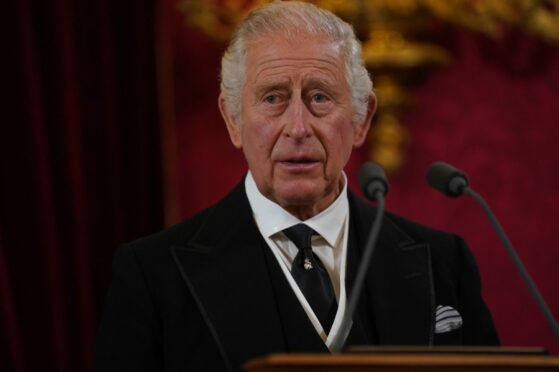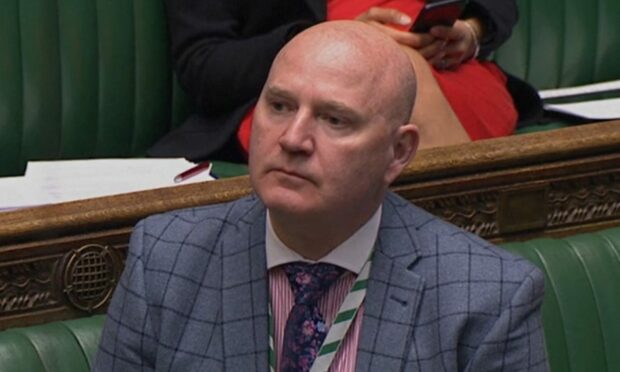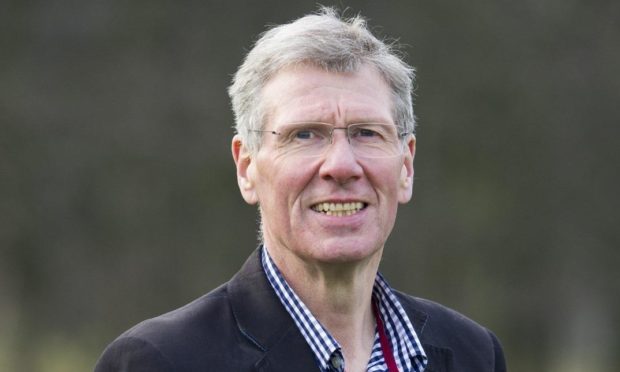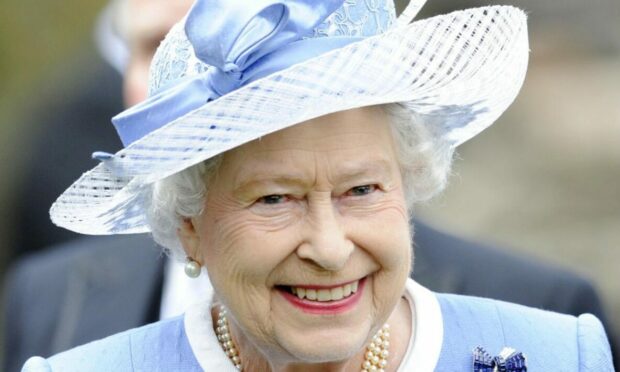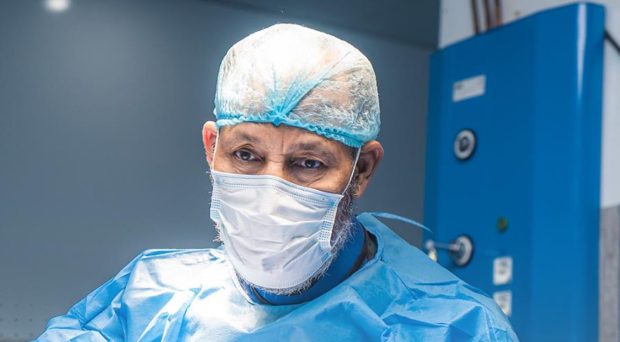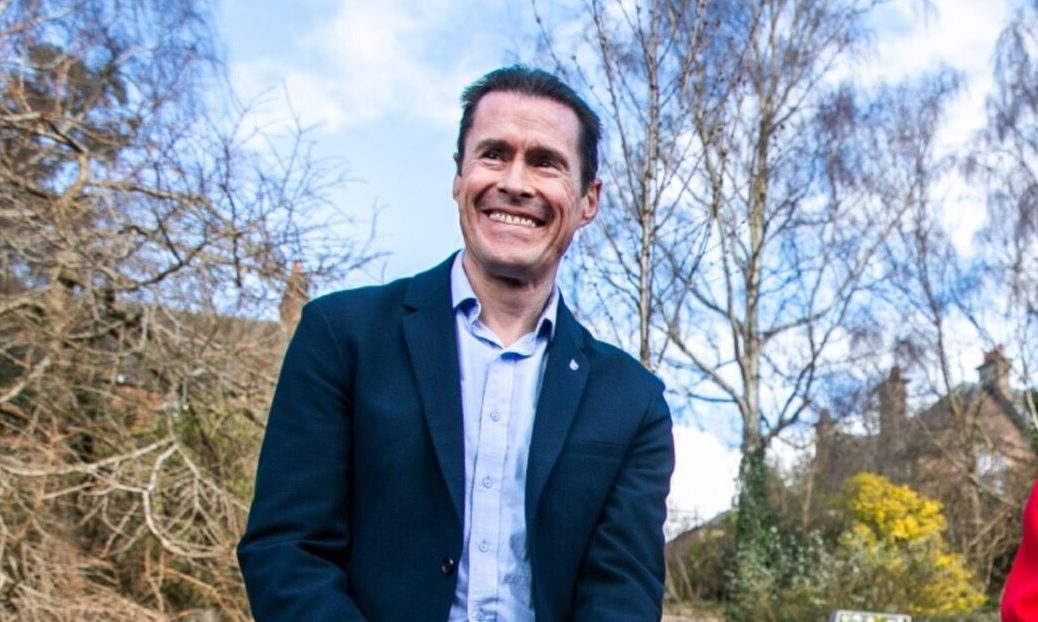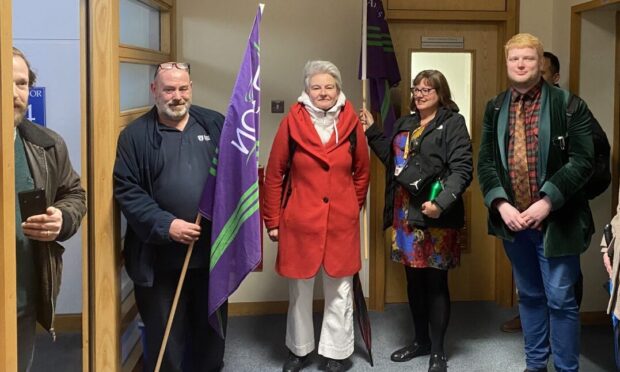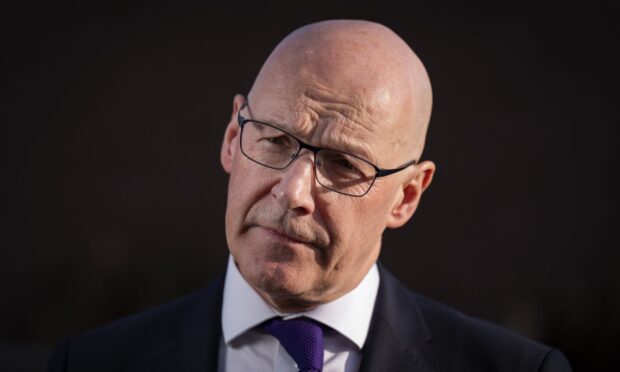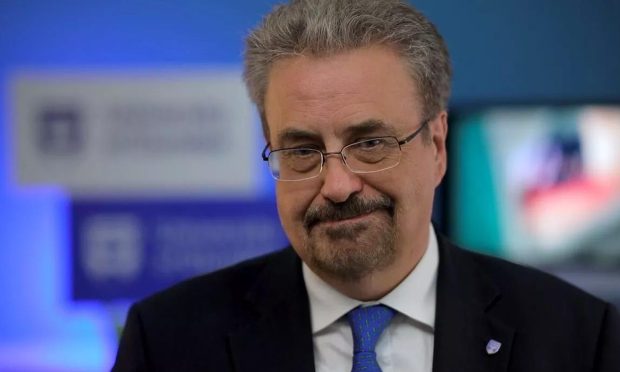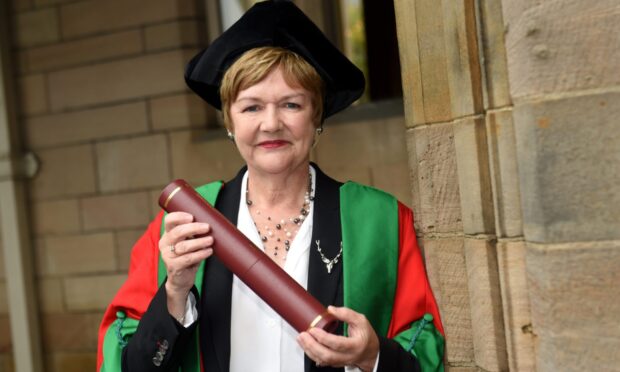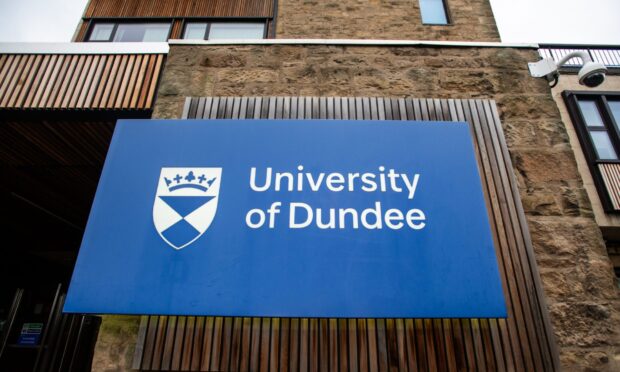Politicians from all parties were invited to renew their allegiance to the new monarch but some, including Fife MP Neale Hanvey, are refusing.
The symbolic gesture at Westminster was triggered by the death of Queen Elizabeth and the transfer of the crown to King Charles.
Alba politician Mr Hanvey, and his colleague Kenny MacAskill, revealed they were turning down the opportunity.
They say the monarchy should be abolished in an independent Scotland.
Is anyone else refusing?
Despite wanting to leave the UK, SNP leaders publicly support the monarchy and would retain King Charles as head of state in an independent Scotland.
The Scottish Greens want an elected head of state but do not have any elected MPs in the House of Commons.
On September 10 senior politicians including Prime Minister Liz Truss and other party leaders took the oath.
Hundreds of MPs have since done the same.
Is this allowed?
In the aftermath of the 2019 election, Mr Hanvey and Mr MacAskill were both compelled to take the oath in order to sit in the House of Commons.
MPs from Irish republican party Sinn Féin always abstain from taking their seats due to their refusal to pledge fealty to the royals.
So, why will the two Alba MPs be able to get away without swearing their allegiance to the Queen’s successor?
When a new monarch ascends to the throne, it is not compulsory for MPs to swear their allegiance, even though the vast majority do.
It is only necessary for MPs to declare their loyalty when they first enter parliament, typically in the aftermath of an election.
Anyone who refuses to do this not only can’t sit in the House of Commons, but also doesn’t receive their salary.
MPs who try to breach these rules could face fines and the threat of losing their seat.
Elected politicians who do not want to take an oath, which has religious overtones, can instead take what is called a solemn affirmation. It still allows MPs to pledge their loyalty to the Crown.
House of Commons members will typically swear fealty using the holy text of whichever religion they follow.
While the oath must first be taken in English, MPs can say it a second time in a different language if they want.
Some Scottish MPs have chosen to swear their allegiance to the King in Gaelic.
On September 20, Roz McCall became the first MSP to pledge allegiance to King Charles.
She replaces Dean Lockhart who resigned suddenly as a list MSP for Mid Scotland and Fife earlier in September.
